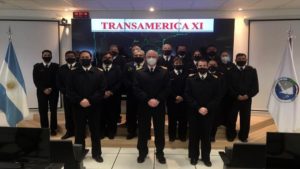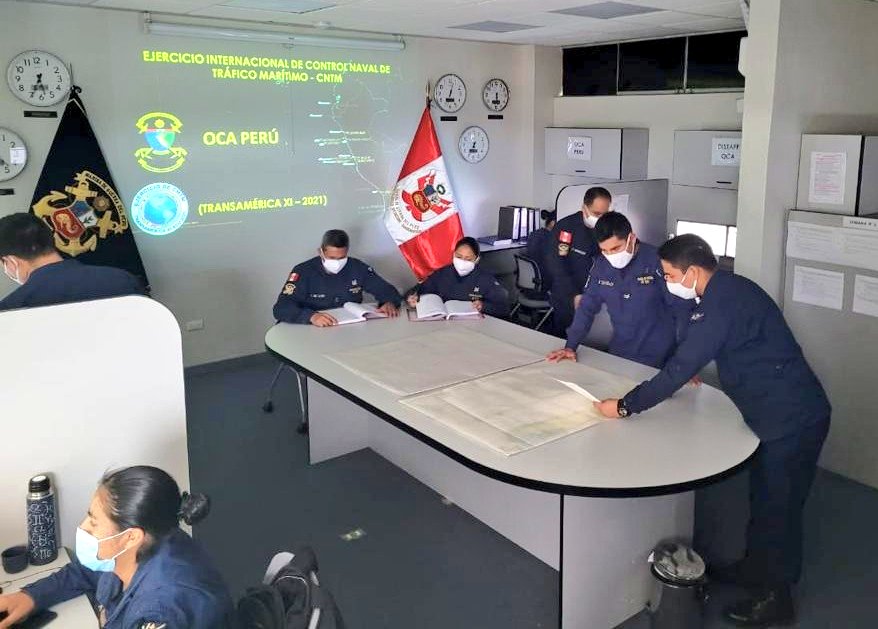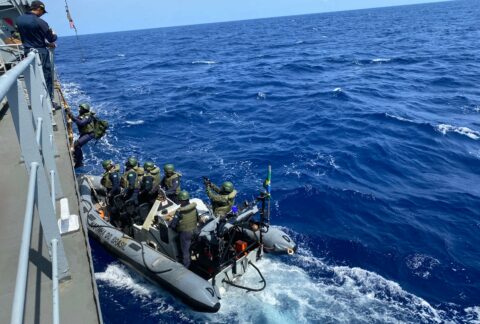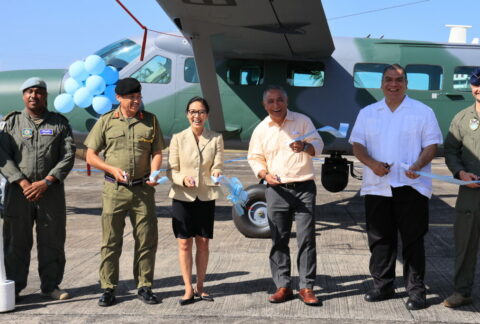In mid-August, the navies of Argentina, Brazil, Chile, Ecuador, Mexico, Paraguay, Peru, the United States, and Uruguay — and Colombia as an observer country — took part in the Transamerica XI Maritime Traffic Naval Control Exercise. Ecuador organized and hosted the exercise.
For two weeks, participating countries simulated tension, crisis, or conflict scenarios in maritime areas, involving threats to maritime traffic, in order to improve readiness and interoperability capabilities of navies of the region. During the exercise, participants faced different kinds of conflicts and incidents, such as smuggling, illegal fishing, piracy, terrorism, natural disasters, health emergencies, transmission of pandemic diseases, and environmental accidents.

“[The exercise] facilitated task coordination among navies of the Americas to protect and defend maritime traffic and increase the degree of interoperability among the countries of the region,” the Ecuadorian Navy said in a statement.
“It is essential to consolidate this activity in times of peace, as it serves to coordinate actions inherent to monitoring, directing, and defending maritime transport, fishing, and other economic activities that take place in waters of national interest with actions that the countries in the region take, in order to contribute to the safety of maritime traffic when a crisis or armed conflict arises,” the Argentine Navy said in a statement.
Transamerica is an exercise that has been carried out since 1995, and its mission is to conduct a naval control exercise of maritime traffic in a simulated conflict situation, in order to provide training to components of maritime traffic naval control organizations. Both real and simulated commercial and fishing vessels take part in the exercise.
“This training allows us to interact with different navies, developing important knowledge of threats and the environment where they might occur, as well as monitoring of ships in general, but especially those that, due to interest, may be a priority for tracking because of their cargo, due to the possibility of accidents that could cause serious damage to our maritime environment, our waterways, or our port facilities,” the Uruguayan Navy said.









